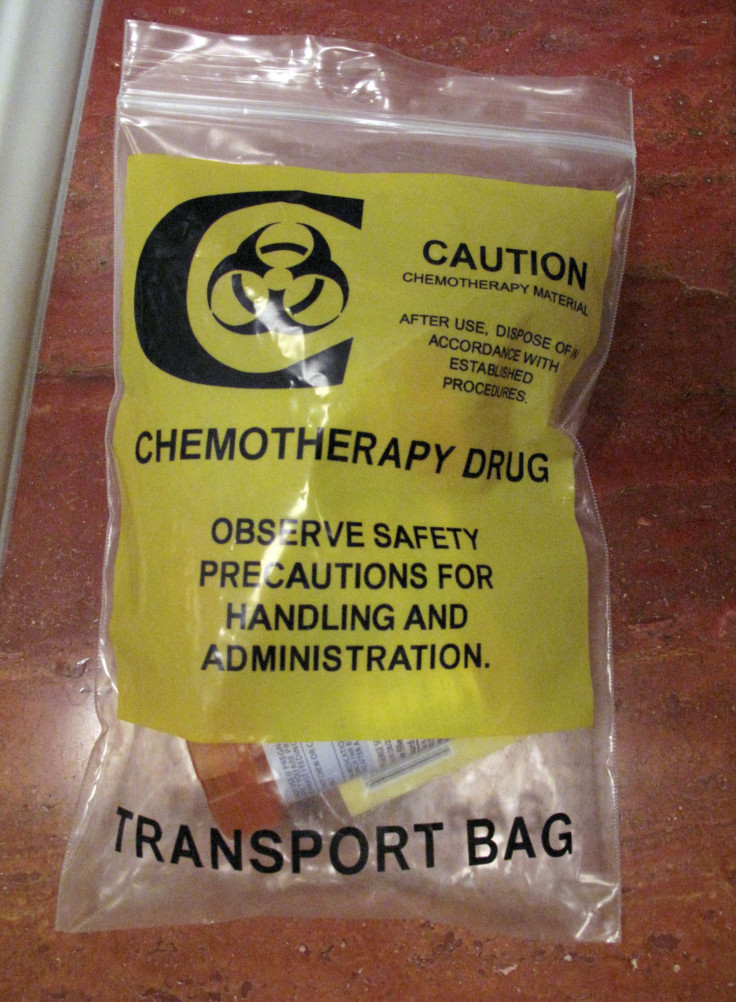Chemotherapy May Be Creating Cancer Stem Cells

Cancer treatments may be creating more dangerous and persistent cancer cells that are resistant to both chemotherapy and radiation. Three new studies have recently shown that cancer cells, like other cells in the body, have stem cells that give rise to the tumor.
The cancer stem cells are thought to be more dangerous because they can repair damaged DNA and survive during the treatment.
A recent study has found a subpopulation of cells that showed properties of cancer stem cells and resistance to cancer treatments like chemotherapy. This research showed that the stem cells that didn't divide and form other cells remained chemo-resistant while other cells that differentiate died after chemotherapy.
An earlier study, published in the journal Cell Cycle, found that regular cells can turn into cancer stem cells and that treatments like chemotherapy can induce stemness, the ability to turn into stem cells, and make these cells resistant to treatment by turning on the DNA repair mechanism in these cells. Other research has shown that these cancer stem cells produce certain enzymes that eliminate any free radical that may damage the cell.
In the latest study, published in the Journal of Biological Chemistry, researchers say that radiation can induce stemness as well. The researchers demonstrated this effect by exposing regular cells to gamma radiation. They found that these cells became tumor-like after the exposure. "Radiotherapy has been a standard treatment for cancer for so long, so we were quite surprised that it could induce stemness," said Dr. Chiang Li, of Harvard Medical School in Boston and one of the study authors, reports MyHealthNewsDaily.
The researchers found that genes that were linked to stem cell behavior were also present in these radiation-exposed cells. "So radiation and chemotherapy not only might create cancer stem cells, any pre-existing cancer stem cells in a tumor were very resistant to radiation and chemotherapy, so they remain as well. This could help explain why these therapies are sometimes not as effective as we might hope," Li said, MyHealthNewsDaily reports
The researchers say that the study was conducted in a lab and not in a clinical setting, so it's too early to say if the radiation is actually aiding tumor growth.



























